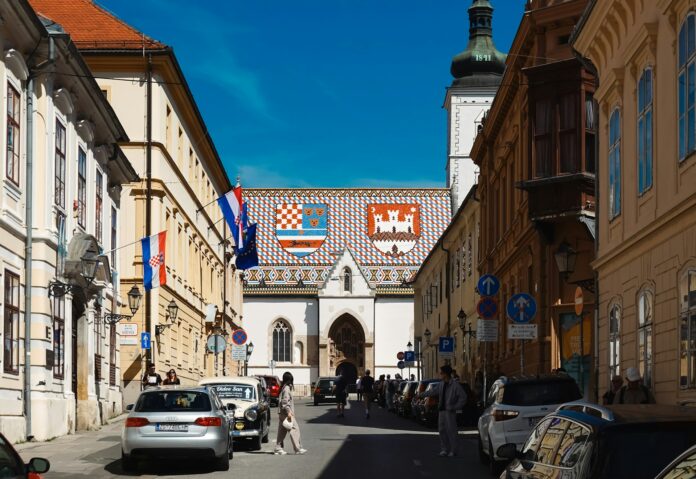As a licensed FIFA agent based in France, navigating the competitive landscape of international football representation requires more than ambition – it demands adaptability, cultural fluency, and a willingness to step outside one’s comfort zone. In an effort to distinguish myself in an increasingly saturated market, I embarked on a scouting mission to Zagreb, Croatia. My objectives were clear: to uncover emerging talent and to establish genuine connections within one of Europe’s most passionate football cultures.
Croatia holds a special place in European football history. From legends like Davor Šuker and the Kovač brothers, to modern icons like Luka Modrić, Ivan Perišić, and Joško Gvardiol, the country continues to punch above its weight on the world stage. With a population of just around 4 million, it’s amazing how Croatia consistently produces world-class talent.
The more time I spent there, the more I realized the secret is in the culture. Not long ago, the country was torn apart by war. That hardship created a generation of people who are tough, resilient and determined. Football, here, is both an escape and a symbol of progress.
Kids often grow up playing on concrete pitches, a tough training ground that builds both grit and skill. Even youth teams in the lower divisions, such as 3rd tier U19, will train up to four times a week, which is more intense than in most countries. The commitment is commendable.
Still, Croatian football is a bit of the wild west. Club presidents hold immense power, often controlling key decisions from the top down. But that’s part of the charm and challenge.
So how does a foreign agent break into this tight-knit scene? Simple: Show up. Go to games. Visit training sessions. Introduce yourself to the staff. A firm handshake and a bit of conversation go a long way. And always have a few strong opening lines ready – it’s your ticket in.
I facilitated a trial for an American player with a second-division team in Croatia this way. Given the relatively straightforward visa process and the league’s value as a platform for young players, it presents a good opportunity for progression to higher-tier competitions. The player’s salaries at this level are typically modest, the key aspect of any agreement lies in negotiating a percentage of a future sell-on fee.
Croatia may be small in size, but in footballing terms, it is a giant, and there is much to learn from the way it continues to nurture the beautiful game. My time in Zagreb taught me that football here is more than a game: it’s a way of life, shaped by history, hardship, and unwavering passion.
As a foreign agent with an international background, you come expecting to scout talent, but you leave having learned what it truly means to fight for something bigger than yourself. The city, its people, and its passion for the game remind you that football isn’t just played with feet, but with heart, soul, and identity. The global football industry is often driven by metrics and market value, whereas Croatia offers a humbling contrast where loyalty, grit, pride, and community still reign.

